Comedy isn’t just about laughter. At its sharpest, it’s protest — a scalpel dressed up as a joke. A mic, a stage, and a fearless comedian can cut through hypocrisy, politics, and prejudice in ways no op-ed or politician ever could. And globally, from New York to Mumbai, comedians are proving they’re not just entertainers — they’re cultural agitators.
Jimmy Kimmel and the Slippery Slope
The shock cancellation of Jimmy Kimmel’s show is not about a joke gone wrong. It’s about power. Comedian Omid Djalili puts it bluntly:
“The cancellation of Jimmy Kimmel, a four times Oscar host, is not about him, his sense of humour or anything he said. It’s about retaliation for so-called ‘left wing cancel culture,’ a power flex by the current American administration trying to advance Republican culture war priorities. In doing so, utterly trampling on the First Amendment (free speech). With other financial dealings going on in the background it’s alarming to see centuries-old human values being sacrificed in favour of big corporate bucks. It is symptomatic of a spiritual malaise the whole world is going through and it is truly the slippery side of all slippery slides.”
Malaysian comedy producer Rizal Kamal adds: “Jimmy Kimmel comes from comedy, and comedy has always been about pushing boundaries, not polishing them. Though what he said wasn’t a joke, it was a statement, he’s being punished in a country that prides itself on free speech. Cancelling comedians for speaking plainly doesn’t protect society, it weakens it.”
Together, their voices frame the cancellation not as a blip in TV programming but as an alarming indictment of democracy’s most sacred pillar: free speech.
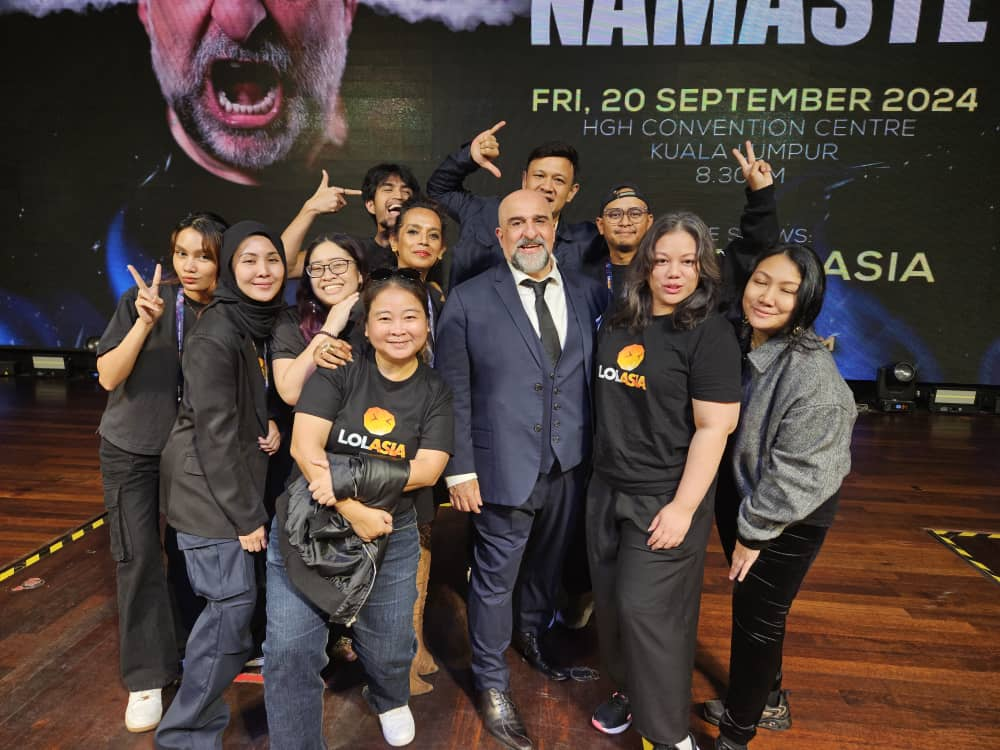
Hasan Minhaj: Satire as Ammunition. Hasan carved out space no one thought possible: a brown, Muslim comedian on Netflix, breaking down global politics with biting humour. From dissecting Indian elections to calling out American hypocrisy at the White House Correspondents’ Dinner, Minhaj made satire sexy — and terrifying to power. His Patriot Act was canceled too soon, but his impact endures. Even after controversy over his “embellished” stories, Minhaj remains proof that truth in comedy hits harder than truth in headlines.
Jimmy O. Yang: Immigrant Hustle, Global Stage
Jimmy O. Yang’s rise from Uber hustler to Hollywood headliner is itself a comedic arc — but his material digs deeper. By skewering Asian stereotypes and telling raw immigrant hustle stories, he dismantles the “model minority” myth while making audiences roar with laughter. His Big & Tall tour in Malaysia this year isn’t just entertainment; it’s representation on a stage South Asians and Asians once never had.
Read more on Jimmy O. Yang heading to Malaysia in November 2025
Jo Koy: When Family Jokes Become Politics
Jo Koy’s comedy about Filipino moms feels universal, but it’s also deeply political. He turned diaspora life into arena-filling material. But when he hosted the 2024 Golden Globes and bombed with tone-deaf Taylor Swift jokes, critics pounced. The debate? Was he unfairly judged because he was Asian, or was it just a miss? Either way, his very presence on that stage was a disruption of Hollywood’s comfort zone.
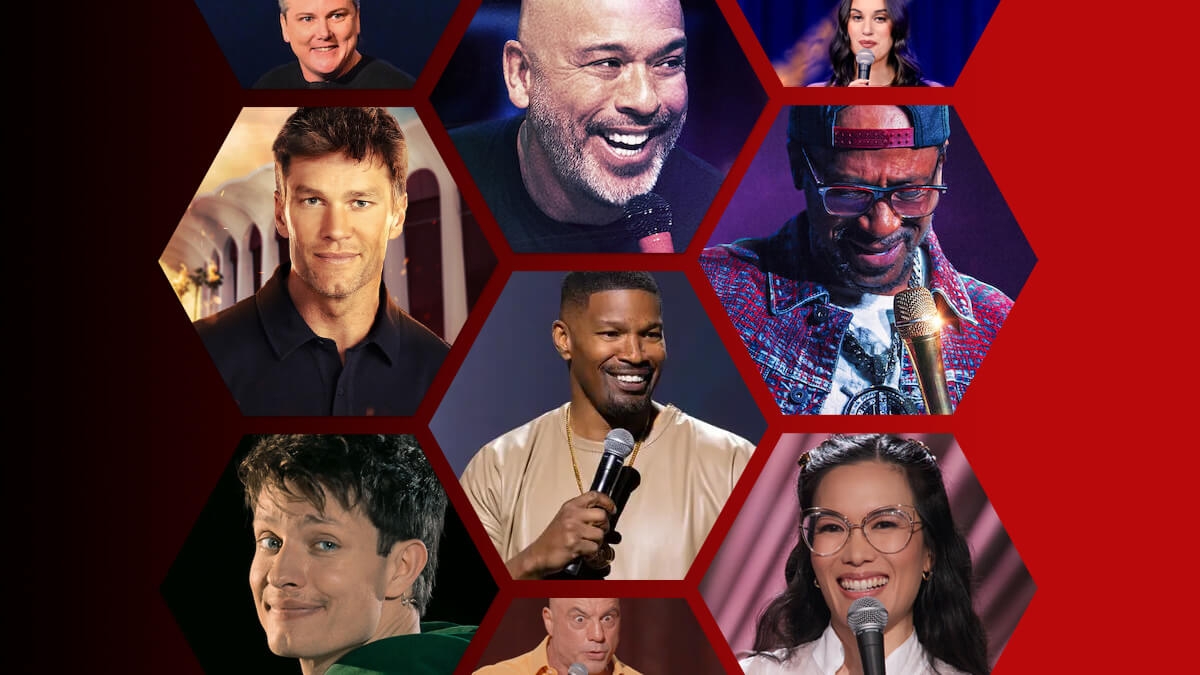
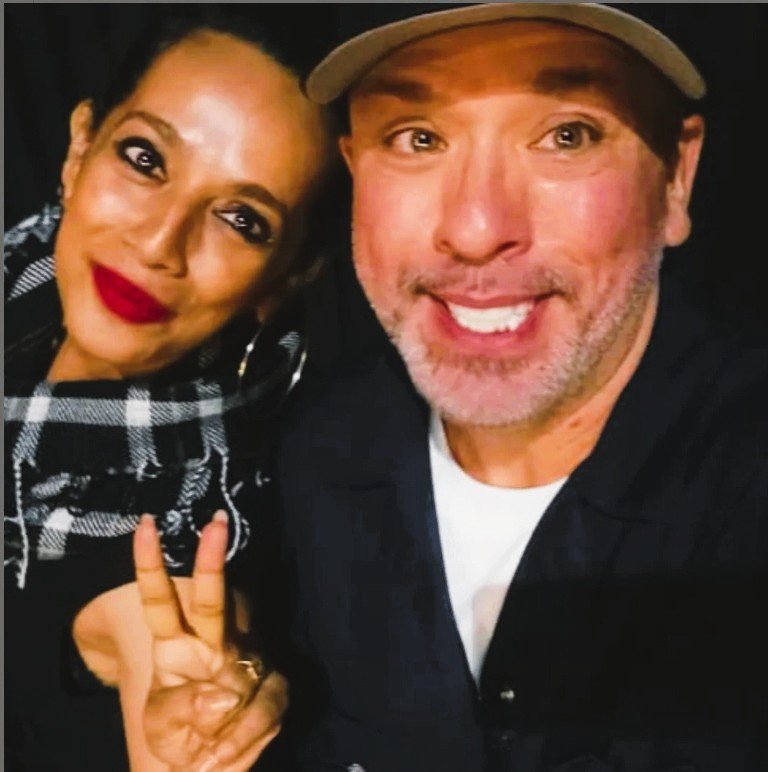
Ronny Chieng: The Deadpan Assassin
From Crazy Rich Asians to his seat on The Daily Show, Ronny Chieng has made a career out of slicing through racism and Western ignorance with surgical deadpan delivery. His viral Netflix bit — “We’re not all the same Asian!” — became a global clapback against lazy stereotyping. As a Malaysian Chinese comic commanding U.S. stages, his very presence disrupts the narrative of who gets to joke about power.
Trevor Noah: The Global Comedian Statesman
Trevor Noah turned The Daily Show into a global platform for protest. A South African comedian raised under apartheid, his sharp dissections of Trump, race, and inequality brought an international lens to American politics. His memoir Born a Crime became a rallying cry for resilience through humor. Even after leaving the show, his tours and specials prove that comedy can be both satire and statesmanship — with a laugh that cuts across continents.
Late Night: America’s Protest Platform
Jimmy Kimmel made America cry (and act) when he talked about his baby’s heart surgery and linked it to broken healthcare. Stephen Colbert turned nightly Trump takedowns into a cultural ritual. Jimmy Fallon got dragged for tousling Trump’s hair and “normalizing” him — proving late-night comedy is no longer just entertainment. It’s the opposition party in disguise. Which is exactly why Kimmel’s cancellation feels less like a programming change and more like a deliberate silencing.
Vir Das: India’s Global Provocateur
India has its own brand of comedic protest, and Vir Das is its poster boy. His “Two Indias” monologue — delivered in Washington DC — went viral for exposing India’s contradictions: love vs. hate, progress vs. poverty, pride vs. shame. He faced FIRs, trolls, and death threats back home, but also earned an International Emmy nomination. That’s the tightrope: in India, a joke can make you a hero abroad and a traitor at home.
Add to those platforms like East India Comedy, All India Bakchod (AIB) before its implosion, and independent comics on YouTube — all using humour to poke the bear of Indian politics, sexism, and censorship. Their work often straddles the line between viral fame and very real legal risk.
Why It Matters
Because comedy reaches where outrage can’t. Because marginalized voices — South Asian, East Asian, African, Latino — are reclaiming identity by laughing at the power structures that once silenced them. Because in India, the U.S., or anywhere, comedians face trolling, bans, even lawsuits — yet they keep talking.
What’s The Way Forward?
As someone who works at the intersection of culture, media, and entertainment across Asia, I see comedy for what it is: activism in disguise. Jimmy O. Yang in Kuala Lumpur, Trevor Noah in Johannesburg, Ronny Chieng on The Daily Show, Vir Das in DC, Hasan Minhaj on Netflix — they’re not just performers. They’re truth-tellers with punchlines, rebels with timing.
So, here’s the real question: When the joke stings, do we laugh, cancel, or finally listen? Because the mic, not the manifesto, may be today’s loudest protest. And if Jimmy Kimmel can be cancelled in America, the so-called bastion of free speech, then maybe comedy isn’t just protest anymore — it’s the last defense line of democracy itself.
What’s your point?
Photo credits: Google images
Drop your feedback in the comment section or email: etheldacosta@gmail.com
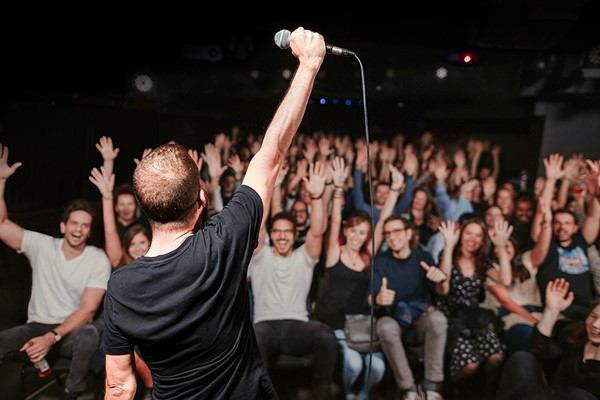
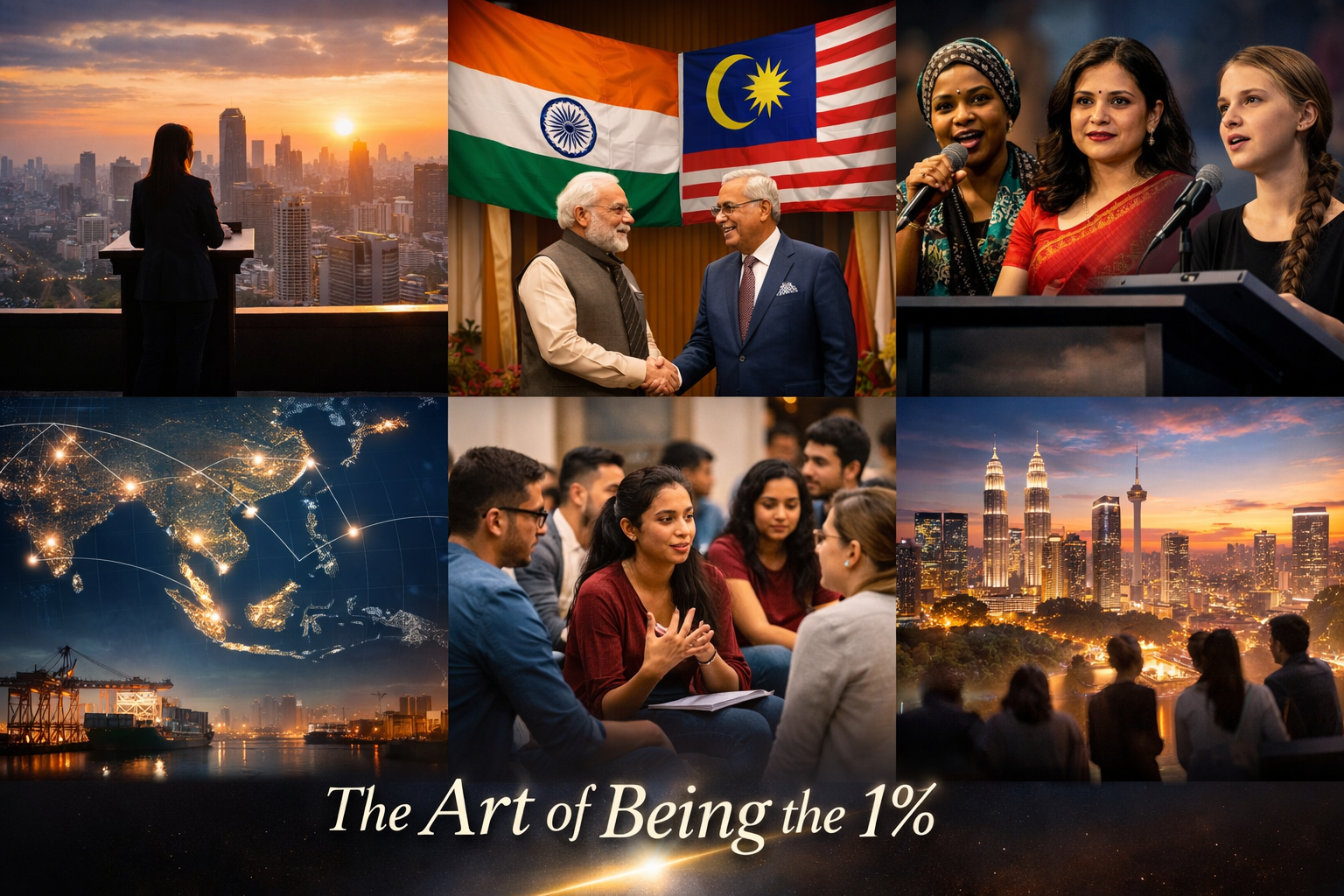


Nothing short of an apocalypse where free speech – humour is getting brutally muzzled! When is the world going to take it easy ? Hoping for a better tolerant world..
Thank you for your feedback